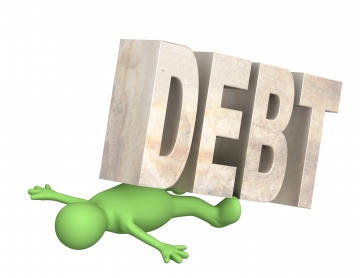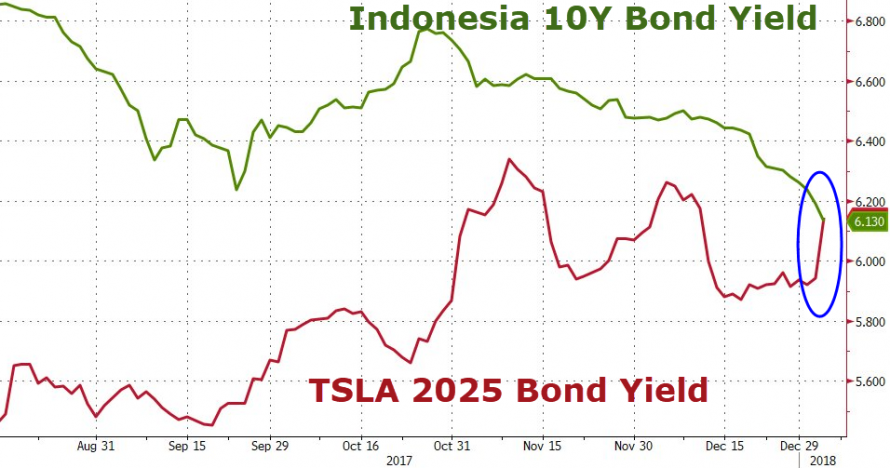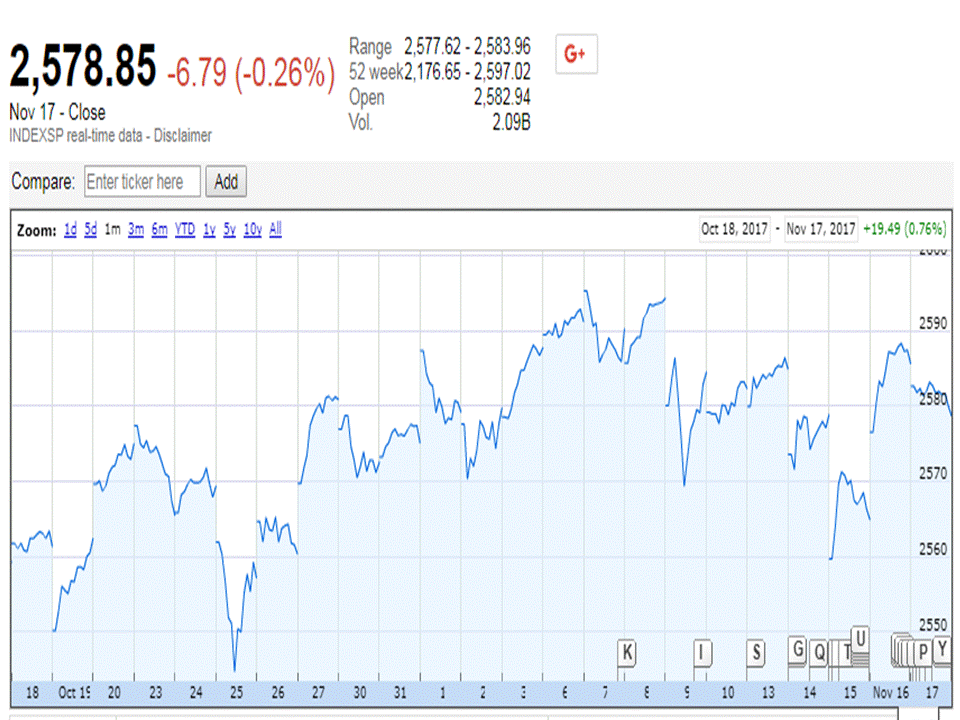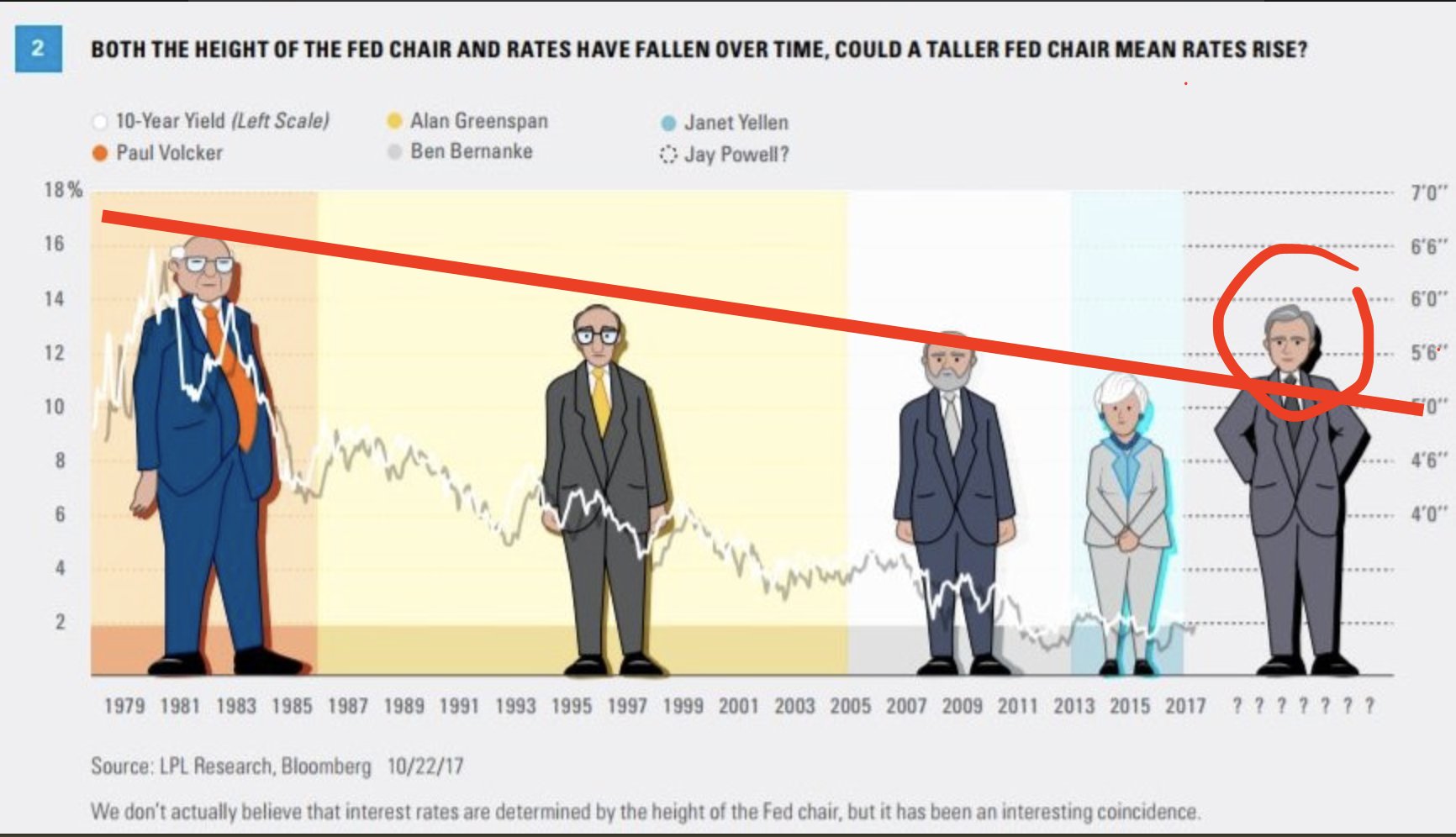G. Lira: Jak rok 2011 kopíruje rok 2008?

Níže uvedené je český výňatek za článku Gonzalo Liry publikovaného předevčírem na jeho blogu. Originál článku je k dispozici zde.
Strukturální důvody, které vedly ke krizi roku 2008, jsou na scéně i nyní a vedou svět do další krize. Jediný důvod je podle něj v typu krize. Podle něj půjde o klasický remake, akorát s větším rozpočtem. Problémem je nemožnost zakončit film happy endem. Není kde brát – centrální banky a vlády již ve svých arzenálech nemají prakticky nic, čím by mohli proto krizi bojovat. Žádný deus ex machina jako v antickém Řecku se zde nenabízí.
Iniciátorem krize 2008 byly hypotéky a z nich odvozené deriváty, spouštěčem krize letošní jsou předlužené evropské země. Objem problémových úvěrů je tak letos mnohem větší než před třemi lety. Zadluženost zemí PIIGS je 3,1 biliónu euro, což odpovídá 20% HDP eurozóny. V roce 2008 objem problémových aktiv byl 1,5 biliónu dolarů, tedy 11% HDP Spojených států.
V roce 2008 byly toxickými aktivy deriváty odvozené od hypoték, nyní jsou to dluhopisy zemí v problémech a deriváty z nich odvozené. V obou případech jde o dluhy prakticky nesplatitelné, kumulované postupně a bez většího zájmu věřitelů. Opět to odskáčou banky, které selhaly při řízení rizik. Jedinou změnou je, že při krizi 2008 byly nejvíce zasaženy americké banky, nyní jsou v problémech především banky evropské. Některé banky se dostanou do existenčních problémů. Těžko odhadovat, která to bude, než se to stane. Regulace bank od roku 2008 nedoznala zásadní změny.
Co je tedy před námi? Skutečná krize. Poslední týdny byly spíše předehrou. Hlavní dějství bude zahájeno krachem podobným pádu Lehman Brothers. V roce 2008 byl pád Lehman Brothers rozbuškou, nikoliv však příčinou krize. Dnes čekáme na podobnou rozbušku. Gonzalo Lira tipuje na banku Dexia jako první, co půjde ke dnu. Zároveň se ale domnívá, že to přijde jako blesk z čistého nebe.
Co bylo oním pověstným bezpečným přístavem? V roce 2008 byly epicentrem Spojené státy a bezpečným přístavem (stejně jako při minulých krizích) tak byly obligace Spojených států. Poptávka byla taková, že se jejich reálný výnos po odečtení inflace dostal do záporných hodnot.
Nyní je epicentrem Evropa. Těžko se pro Evropany bezpečným přístavem stanou obligace Spojených států. Obligace evropských zemí (ani Německa) status bezpečného přístavu nikdy neměly. Těžko se jím tak stanou teď. Bezpečným přístavem se stane zlato.
Pokud to opravdu nastane, cena zlata poletů raketově vzhůru. Kam? Na hranici 2000 dolarů těsně po pádu banky a na hranici 2500 dolarů do konce roku.
Přidat komentář
Pro přidávání komentářů se musíte nejdříve přihlásit.




Dovolim si sdilet jeden nazor co jsem dostal vcera:
Hooked on Debt
by Eric Margolis
My parents, who lived through the 1930’s Depression, taught me two rules: don’t buy anything until you can pay for it with your savings; and always save a sizable portion of your income.
The United States, once powerhouse to the world, is hooked on debt. America has become so addicted that regular hits are necessary to keep the economy sputtering along.
Last week’s vow by the Federal Reserve to keep interest rates at close to zero for two more years was a trumpet call to Americans to borrow yet more money. Bankers must have been cock-a-hoop. A man I once knew was extolling the wonders of cocaine.
„You wake up in the morning with a horrible hangover and feel like death. Then, you do a big line and, presto, you feel like a new man.“
He went on. „Problem is, after about 20 minutes, the new man needs another big line.“ In drug parlance, it’s called chasing the dragon.
The US has been chasing the dragon for a decade.
The crash of 2008 was caused by runaway debt. Washington’s remedy: more debt poison.
To me, as a journalist, author, veteran investor and businessman, debt is poison. A poison that has made our entire economic system gravely ill. Americans and many Europeans have become totally addicted to debt and can’t seem to do without it.
Consider: when Alan Greenspan took over as chairman of the US Federal Reserve central bank in 1987, according to the book „Bad Money“ by the brilliant Republican political analyst Kevin Phillips, US public and private debt totaled $10.5 trillion.
Phillips, by the way, was the political thinker who planned and executed Ronald Reagan’s strategy to win the presidency by getting blue collar Democrats to move over to the Republican Party.
By 2006, US debt had exploded to $43 trillion as a gigantic credit bubble created by Greenspan swelled, and George W. Bush continued wars that were not financed by taxes but quietly added to the national debt.
Housing came to account for 40% of the growth of the US economy. Financial services soared from 10.9% of gross domestic product (GDP) in 1950 to 20.4% of GDP – becoming America’s leading industry.
Total US debt soared from $2.4 trillion in 1974 to $44.7 trillion in in 2006 – the year before the Great Recession began.
Manufacturing, once the bedrock of America’s fabulous wealth – 30% of the US economy in 1950 – had declined to only a miserable 12% by 2005.
The business of America’s business had become passing paper around, a process called „securitization.“Phillips found that Forty-four percent of US corporate profits came from the financial sector (lending money); only 10% from manufacturing.
The much-ballyhooed US economy that Republicans held up as the acme of free enterprise and entrepreneurial initiative became entirely dependent for growth on a steady flood of consumer credit and shaky mortgages.
Home ownership was held to be next to love of god and country. Interestingly, in rich Switzerland, which currently has the world’s most solid currency (too solid, in fact, for the Swiss), two thirds of the populations rents their homes rather than buys.
Borrowing money became the American way of life at all levels of society, business and government. America became hooked as much as the aforementioned morning sniffer of cocaine.
Billions of profits from money-lending allowed the finance industry to buy all the politicians it wanted, and keep the media docile.
Under the Bush administration, financial regulation was almost shut down. Banks were allowed to lend $35-40 for every $1 deposit. Managers of the huge pools of unregulated capital called hedge funds had to pay only 15% tax while ordinary workers paid double that rate, or more.
America’s Wild West finances came crashing down in 2007-2008. Yet the deep structural problems that caused the crash were not fully addressed. Washington rescued Wall Street from its own folly, but Main Street was cut adrift.
Washington’s answer was more debt to cure the problems caused by too much debt. Inevitably, another financial crisis hit this summer in the US and Europe.
Money should not be made on money, but by creating and selling things of value. Bankers once played a useful role in financing long-term capital projects like’s roads, dams, bridges. They still can do so through the type of bonds in which banks share risk in projects they are financing and receive equity interest.
But today, much of the West’s banking industry has become a parasitic scourge that is bleeding the economies of the US and Europe. The current financial crisis is due to runaway government borrowing, poor banking credit controls, and rampant greed unchecked by regulation or good sense. Politicians are just as guilty as financiers.
The United States will likely remain mired in Japanese-style economic stagnation and deflation until the primacy of Wall Street is broken and vital reforms are made.
America has to go back to making things others want.
This means government giving major tax advantages to manufacturers, exporters and savers. It means fairly taxing Wall Street, which has so far gotten away with murder. Too big to fail banks must be broken up, just like the Trustbusters did in the early 20th Century. Financial power must be de-concentrated and dispersed.
Governments do not create jobs; industry does. Voters keep forgetting this basic truth when demanding that their elected officials produce jobs for the unemployed.
American industry remains very strong. I am currently buying stocks and bonds in great American companies like Automatic Data Processing, Exxon, Microsoft and Johnson & Johnson. I trust their finances more than US Treasuries. But smaller business creates the most jobs, and they must be encouraged to expand and rehire.
Instead of raising taxes, America needs to break the power of nonproductive, big-money and let America’s companies get on with the job of creating jobs and national wealth. In fact, if unfair tax breaks for special interests were removed, all Americans would probably end up paying no more than 26% tax. Eliminating mortgage deductions, farm subsidies, and unfair tax breaks for big business (including big oil) would be a very important first step.
American workers and their unions will have to bite the bullet and understand that to be competitive and export, they will have to accept substantial cuts in wages, benefits and pensions.
CEO’s of US corporations must learn that firing workers is disgraceful, not productive. They can begin by slashing their obscene salaries and benefits.
As America goes, so goes much of the world. America needs a new revolution to restore its economic vitality and social peace.
August 16, 2011
Přesné…
Ale na rozdiel od 2008 sa fed aj ecb naucili nakupovat dlhopisy vo velkom. Myslite, ze aj tak pride ku kolapsu? No nic, ved zlato bude rast tak ci tak…
Ja myslim ze tady potom plati stare zname porekadlo, ze tak dlouho se chodi se dzbanem pro vodu, az se ucho utrhne. A ted uz je jen otazkou kdy, protoze rikat ze resenim je ,,posunuti reseni do budoucnosti“ nemuze proste jinak skoncit.
Nemyslím si, že nakupování dluhopisů vše zachrání.
Pokud se chcete dozvědět něco více o dluhopisech, počkejte na pondělí.
Budu publikovat analýzu právě o nich.
https://www.g-vision.sk/predikcie-analyzy/usa-mozu-splatit-akykolvek-dlh/
Já,když to uvážím sedláckým rozumem tak mu věřím,podobně to je i s eurem,když se má platit eurovej dluh.Problémy mají ale např. madari,kteří si půjčili ve francích a ten jim jaksi posiluje,to je na smycku.
Neviděl bych to tak černě, rok 2008 se určitě opakovat nebude. Neznám řešení, ale politici vždy něco vymyslí, aby uklidnili trhy, podle mne je nenechají spadnout i kdyby měli zakázat bůhvíco..
https://www.chelemendik.sk/Ekonom_SAV_P_Stanek_v_exkluzivnom_rozhovore_pre_aktualitysk__Moz_157657657.html
P. Stanek si myslí,že z dluhu jenom hyperinflací-tedy tištěním papírků s vodotiskem.
Když jsme u toho Dr. Staňka (je to asi nejvíc pesimista co znám), tady je jedno video (pokud už to tu bylo, omlouvám se za duplicitu, ale pročtu těch fór mnoho a nepamatuji se už kde co bylo)
https://www.youtube.com/watch?v=cj8C1plsB08